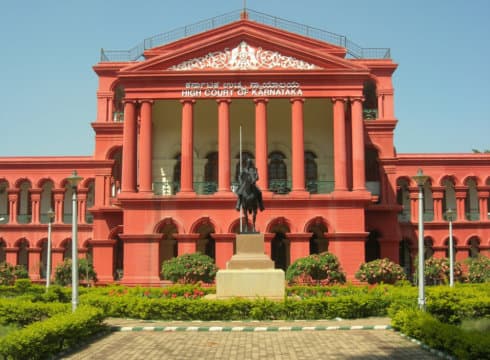Inc42 Daily Brief
Stay Ahead With Daily News & Analysis on India’s Tech & Startup Economy
Online cab aggregators like Ola and Uber have been experiencing a bumpy ride from Indian state governments these past couple of months. After being called up for surge pricing and discrepancies in calculation of fares, the government is still resisting complying with the terms of these new-age services. Both Uber and Ola have registered themselves with the Karnataka On Demand Transportation Technology Aggregators Rule, 2016, where Ola received the license and Uber didn’t. It continues to face hassles at the hands of the administration.
Uber had approached the court last month, after the state transport department had its vehicles impounded for not having licenses sanctioned under the new rules. It further suspended the operations of taxis in the state, leading to a protest by the drivers.
In a recent hearing, the Karnataka High Court while encouraging the advent of startups in the state, displayed its distaste towards the ‘stifling’ policies adopted by the state government against startups, questioning regulatory norms that are restrictive in nature.
Justice Raghvendra Chauhan on Wednesday said, “On the one hand, you (government) want to encourage startups in the state and, on the other, you want to stifle its business by framing rules like the Karnataka On-Demand Transportation Aggregators’ Rules (OTTA).” This comment was made during the hearing regarding the petition by cab-hailing platform Uber.
Justice Chauhan said that these rules would hamper the environment for startups, resulting in a serious downfall in investments in the state.
The transport authority in April had increased the penalty for cab aggregators from INR 1000 to 5000, claiming that their operational services were functioning without necessary licenses despite mandatory regulations and warnings. To this, Uber’s counsel Sajan Poovayya had claimed that since Uber is a technology platform, it cannot be regulated under India’s Motor Vehicles Act, which is responsible for governing taxis in India. The hearing for the case is undergoing where drivers have also independently filed a petition in court.
Uber is currently functioning in 27 cities in India, while its major competitor Ola is operational in 102 cities. The tussle between these companies and the government risks loss of investments and discontinuity of services for everyday customers.
{{#name}}{{name}}{{/name}}{{^name}}-{{/name}}
{{#description}}{{description}}...{{/description}}{{^description}}-{{/description}}
Note: We at Inc42 take our ethics very seriously. More information about it can be found here.


